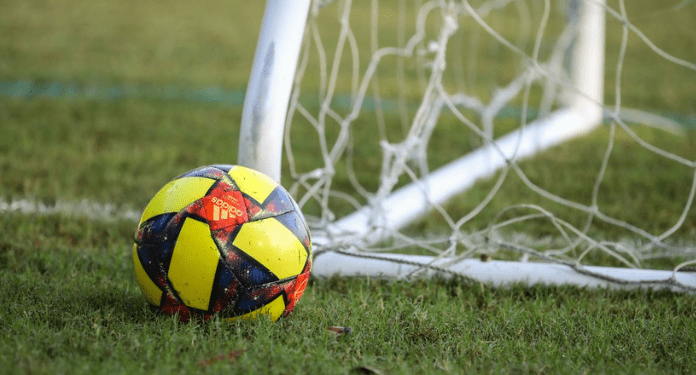Sports betting has been allowed in Brazil since 2018, but the lack of a debate about the regulation of the sector in a period of 4 years ended up generating serious problems for sports integrity in the country. There was a large increase in cases of match-fixing, as the modality does not have rules or clear supervision by the government.
The Brazilian Institute of Responsible Gaming (IBJR) was recently formed with the aim of promoting debate on the regulation of this segment in Brazil. The institute was born from the union of the Bet365, Flutter, Entain, Betsson Group, Betway Group, Yolo Group, Netbet Group, KTO Group and Rei do Pitaco groups.
The president of the IBJR, André Gelfi, gave an interview to the VEJA portal where he stated that companies in the betting sector are victims in these cases of match fixing.
Read the full article on match fixing
The sports betting segment in Brazil is going through an unusual moment. As if the tough negotiation with the federal government were not enough, which sees the sector as a strategic market for increasing revenue (a legitimate initiative, which aims to curb the evasion of foreign exchange in the country), now it has to deal with the loss of reputation in the face of a scandal without proportions of manipulation of matches in the main division of the Brazilian soccer championship.
In an interview with VEJA, Andre Gelfi, CEO of the Brazilian Institute of Responsible Gaming (IBJR), says that the bookmakers are “victims” in the case and that the image of the market and the sport were “impacted” with the operation, but that the way to prevent this type of scandal from happening again is through education, especially for athletes.
Gelfi, who is also CEO of the Brazilian operation of Betsson, a Swedish gambling group, is in Brasília to discuss the matter with members of the Ministry of Finance and members of The International Betting Integrity Association (IBIA), an international entity in the segment — the two bodies have just closed a partnership so that they can work together to promote the integrity of sport in Brazil. “We are dealing with this issue with the Treasury in Brasília. The betting industry, in this case, is the main victim. We are keeping an eye on this matter and we have every interest in bringing this discussion to a deeper level, not least because the market regulations will deal with this matter”, says Gelfi. A law, passed during the Michel Temer government in 2018, established rules and taxes for the electronic games market in Brazil, but its regulation was not implemented due to lack of interest in the agenda by the government of Jair Bolsonaro.
More than ten players from elite clubs in Brazilian football are being investigated by the operation Penalidade Máxima II, by the Public Ministry of Goiás, for being involved in the scandal that investigates match-fixing in the country — a report by VEJA showed that Eduardo Bauermann, from Santos , was even threatened with death by a gang that manipulated games. The penalty for obtaining undue equity advantage can be imprisonment, fine and even banishment of the athlete involved in the sport. Several players have already been removed from their clubs.
“The image is being impacted. It has lost credibility for the sport and for the betting market. This situation is not good for anyone. We have criminal activity happening within our ecosystem and we need to deal with it in a coordinated, responsible way, with training, prevention and monitoring. This has to be worked out with regulators, operators and the national sport itself”, says Gelfi.
Through the partnership with IBIA, Gelfi intends to provide training and information to soccer players in the country. The last time the elite of Brazilian football was involved in a scandal of major proportions was in 2005. “There is a part that is to promote information and training so that clubs and players are absolutely aware of the seriousness of the case, to know how identify, how to react and to whom to report the complaint. With the MP’s investigation, it became clear that this is no longer a secondary problem”, he adds.





















































